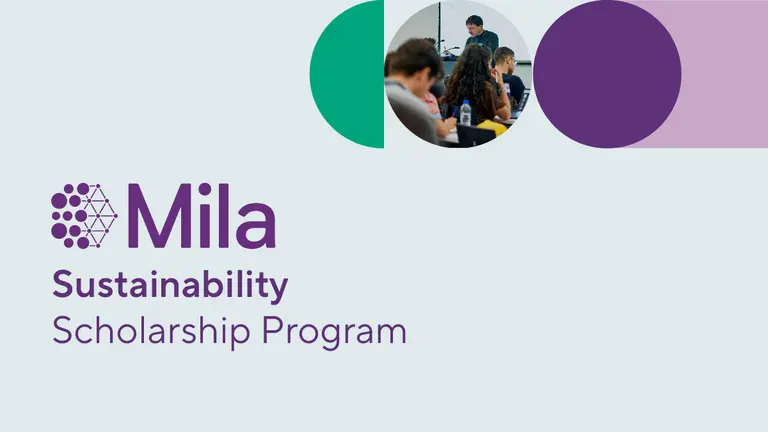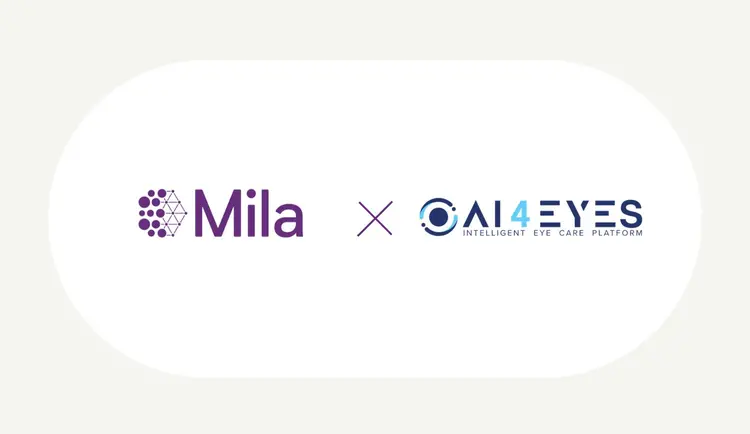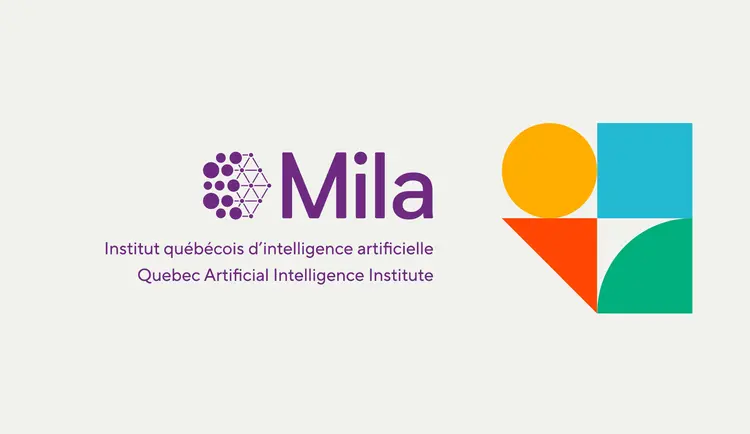
May 20, 2025, Montréal – Mila is proud to announce the seven recipients of the first edition of its Sustainability Scholarships Program. These students were selected for their academic excellence, the impact potential of their research, and their commitment to sustainability through artificial intelligence, both within the academic community and in society more broadly.
Launched in 2025, the Mila Sustainability Scholarships aim to support emerging researchers working at the intersection of AI, climate, and sustainability. This new initiative was developed by Mila’s Sustainability Committee, created in 2022, to foster impactful research in response to the growing urgency of global environmental challenges.
Quote from Valérie Pisano, President and CEO of Mila
“These scholarships reflect our strong commitment to supporting AI research that addresses the major challenges of our time. By promoting innovation and a strong dedication to sustainability, we aim to encourage a new generation of researchers to leverage scientific discovery and advances in AI to drive real-world impact.”
Quote from David Rolnick, Core Academic Member at Mila, Assistant Professor at McGill University, School of Computer Science and member of the Mila Sustainability Committee
“Congratulations to these outstanding researchers, whose projects represent a broad range of directions in advancing sustainability goals via AI"
Each scholarship is valued at $4,000 and is awarded to students whose work demonstrates both academic excellence and the potential for real-world environmental impact.
We extend our sincere congratulations to this year’s recipients and thank all applicants for their passion, insight, and contributions to building a more sustainable future through AI.
We are proud to present the researchers recognized this year:
- Dounia Shaaban Kabakibo, PhD - Université de Montréal AI-assisted discovery of lithium electrolytes for solid-state batteries (AI & Materials Discovery for Energy Storage)
- Jarrid Rector-Brooks, PhD - Université de Montréal Sustainable Chemistry with De Novo Enzymes (Enzymes, De Novo Design, Diffusion Models)
- Mélisande Teng, PhD - Université de Montréal Biodiversity insights into the Amazon Basin from Passive Acoustic Monitoring data (AI & Biodiversity, Bioacoustics)
- Felix Gauthier, Master’s Research - HEC Montréal Data-Driven Optimization of Filter Maintenance Cycles in Wastewater Treatment Plants (Reinforcement Learning & Sustainable Utilities)
- Florence Cloutier, Professional Master’s - Université de Montréal Hierarchical RL for Scalable Power Grid Control (AI & Renewable Integration)
- Michelle Lin, Master’s Research - Université de Montréal Understanding Peatlands Through Multimodal Data Fusion (remote sensing, generative AI)
- Carol Altimas, Master’s Research - Université de Montréal Improving Tropical Tree Classification from UAV Imagery by Multimodal Input Fusion (AI for Forest Monitoring)





